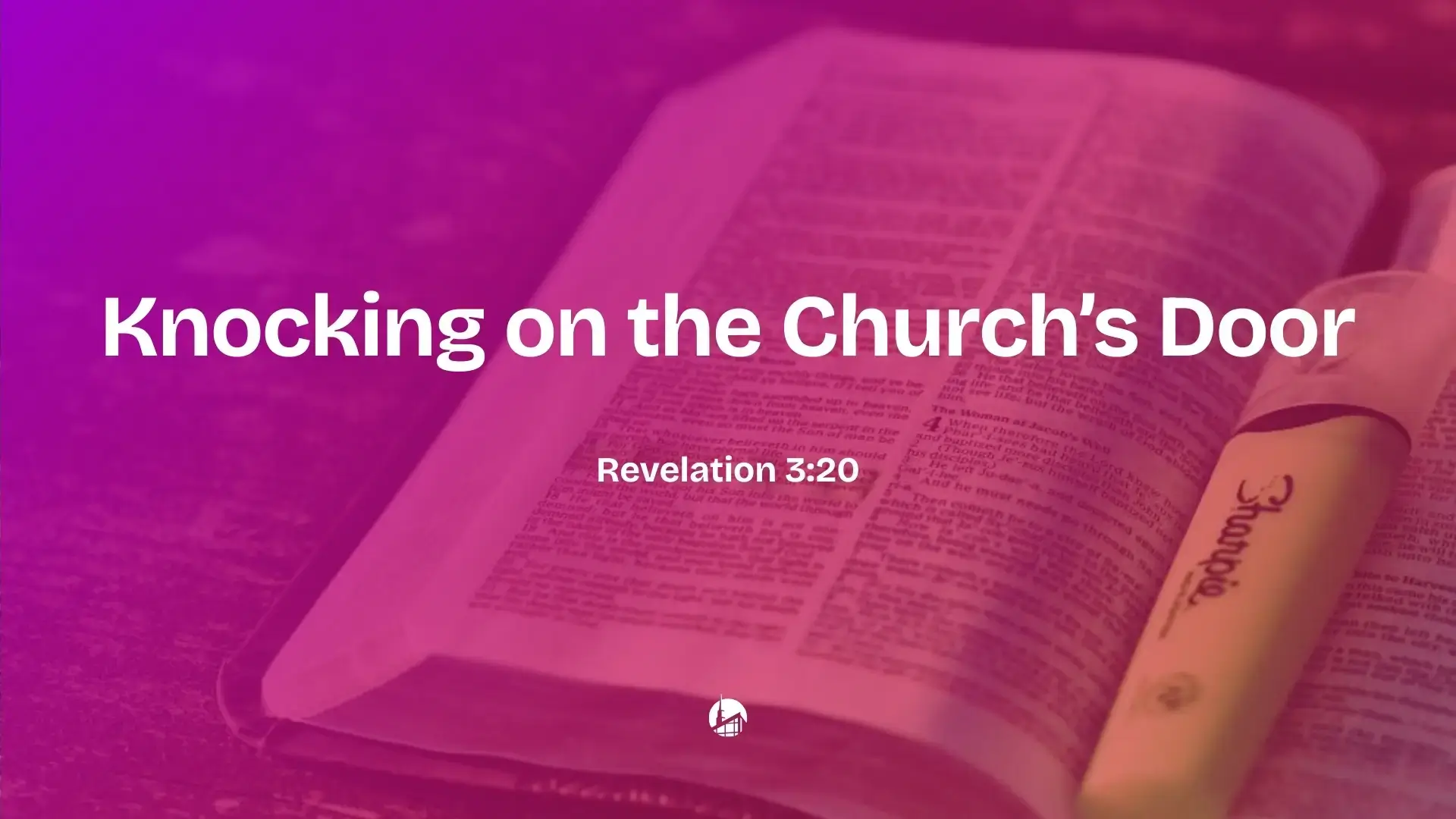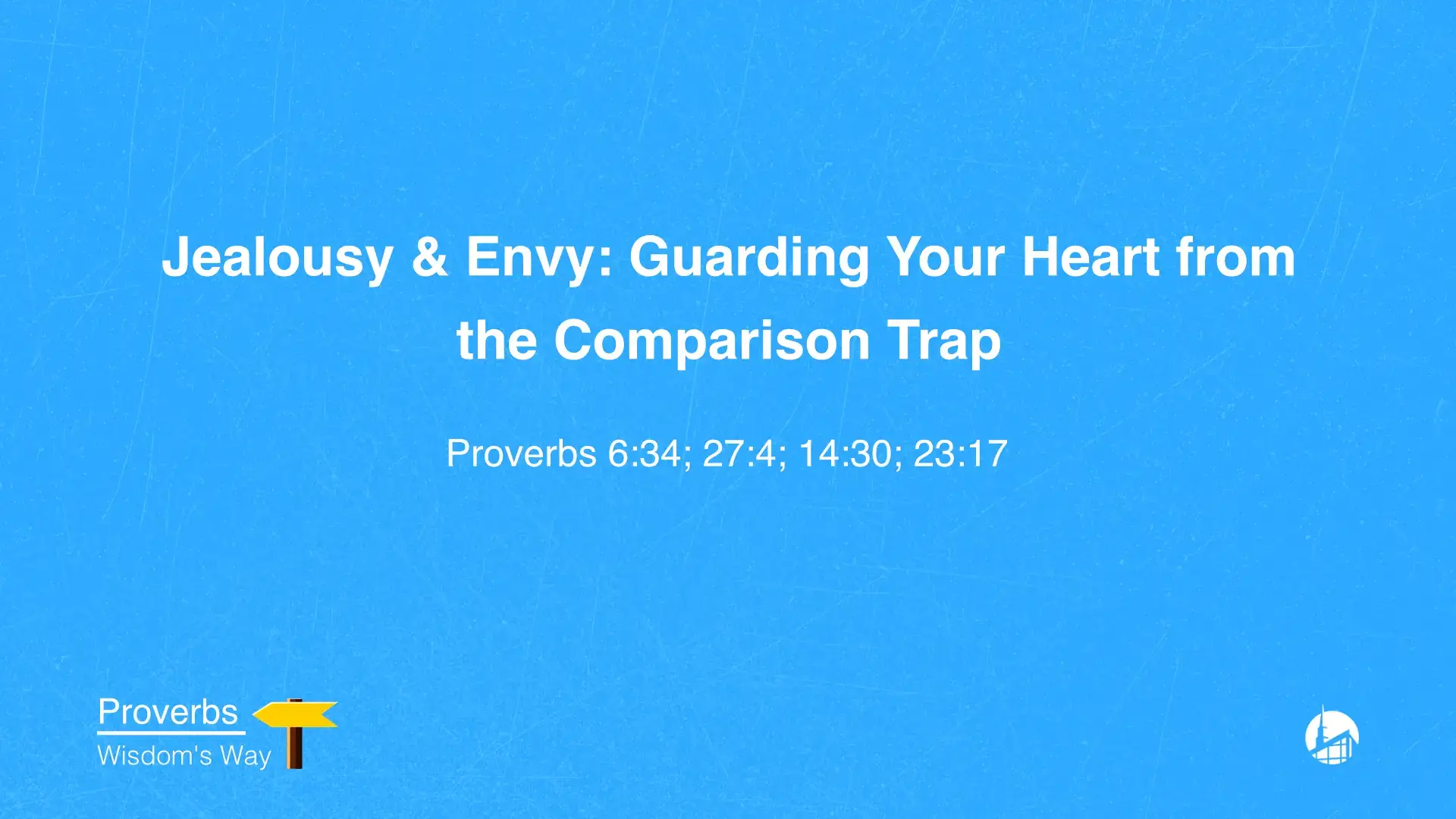In a powerful moment recorded in John chapter 6, Jesus confronts His followers with a question that pierces the heart: “Will ye also go away?” (John 6:67, KJV). This question, posed after many of His disciples turned back, challenges us to examine our motives for following Christ. Are we drawn to Him for temporary blessings, or do we follow because He is the source of eternal life? In this sermon, Pastor Léveillé unpacks John 6:60-71, revealing the distinction between fair-weather fans and true disciples. Through this passage, we are invited to reflect on our own commitment to Christ and what it means to stay faithful when the journey becomes difficult.
Some Follow Until The Message Offends (John 6:60-66)
The sermon begins with a sobering observation from John 6:60-66. After Jesus taught a challenging message about eating His flesh and drinking His blood, many of His disciples struggled to accept it. “Many therefore of his disciples, when they had heard this, said, This is an hard saying; who can hear it?” (John 6:60, KJV). Jesus had just fed thousands with multiplied bread, and the crowd loved Him for it. They chased Him around the lake, eager for more miracles and provision. Yet, when Jesus shifted the focus from physical bread to spiritual surrender, declaring Himself the Bread of Life, their enthusiasm waned. The crowd wanted Jesus for what He could provide, not for who He was. They sought material blessings, not the deeper call to identify fully with Him. Jesus explained, “Verily, verily, I say unto you, Ye seek me, not because ye saw the miracles, but because ye did eat of the loaves, and were filled” (John 6:26, KJV). His teaching about eating His flesh and drinking His blood symbolized total dependence on His sacrifice, a call to spiritual union rather than casual admiration. When the message became hard, many disciples were offended, or as the sermon explains, “blown off course.” The word “offended” here implies a redirection, like a ship knocked off its path by a strong wind. As a result, “From that time many of his disciples went back, and walked no more with him” (John 6:66, KJV). They were fans, not disciples, unwilling to embrace the cost of true commitment.
Jesus Tests The Twelve With A Personal Question (John 6:67)
As the crowd departed, Jesus turned to the twelve disciples and asked, “Will ye also go away?” (John 6:67, KJV). This question was not one of frustration but a deliberate test of their loyalty. In the original Greek, the phrasing suggests Jesus anticipated their commitment, as if saying, “You’re not going to leave too, are you?” He did not chase after the departing crowd or soften His message to entice them back. Instead, He let them go, focusing on those willing to follow for the right reasons.This moment underscores a critical truth: Jesus is not driven by numbers but by truth. He seeks disciples, not fans who cheer when blessings abound but vanish when challenges arise. The sermon draws a modern parallel, noting how some follow Jesus for His “usefulness” rather than His worthiness. Like bandwagon sports fans who cheer only when their team is winning, some Christians follow Jesus for what He can do rather than who He is. Jesus’ question to the twelve forces us to confront our own motives: Are we following Him for temporary benefits, or because He is the Son of God, worthy of our devotion regardless of circumstances?
True Disciples Stay Because They’ve Found Life In Christ (John 6:68-71)
In response to Jesus’ question, Simon Peter delivers a profound declaration of faith: “Then Simon Peter answered him, Lord, to whom shall we go? thou hast the words of eternal life. And we believe and are sure that thou art that Christ, the Son of the living God” (John 6:68-69, KJV). Peter’s words reveal the heart of true discipleship. He was not following Jesus for miracles or bread but because Jesus alone offered eternal life. Peter recognized that there was no alternative, no other source of true life. His commitment was rooted in who Jesus is, not what He could provide.Yet, the passage also serves as a warning through the presence of Judas Iscariot among the twelve. Despite being close to Jesus, witnessing miracles, and serving in ministry, Judas’ heart was not surrendered. “Jesus answered them, Have not I chosen you twelve, and one of you is a devil? He spake of Judas Iscariot the son of Simon: for he it was that should betray him, being one of the twelve” (John 6:70-71, KJV). Proximity to Jesus does not guarantee true faith. The sermon illustrates this with the story of Fanny Crosby, who, despite lifelong blindness, clung to Christ and wrote thousands of hymns. Her faith was not in what Jesus could do but in who He was, declaring, “Take the world, but give me Jesus.”
Conclusion
The question “Will ye also go away?” echoes through the ages, challenging every believer to examine their motives. Are we following Jesus because He is useful, meeting our immediate needs, or because He is worthy, the source of eternal life? True discipleship requires us to stay when the message is hard, when expectations are unmet, or when the path leads to surrender rather than success. As Pastor Léveillé concludes, none of us follow Jesus with perfectly pure motives, but we are called to grow in genuine devotion. May we, like Peter, declare, “Lord, to whom shall we go? thou hast the words of eternal life,” and commit to following Christ not for what He gives but for who He is.












